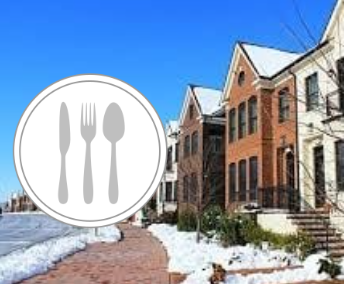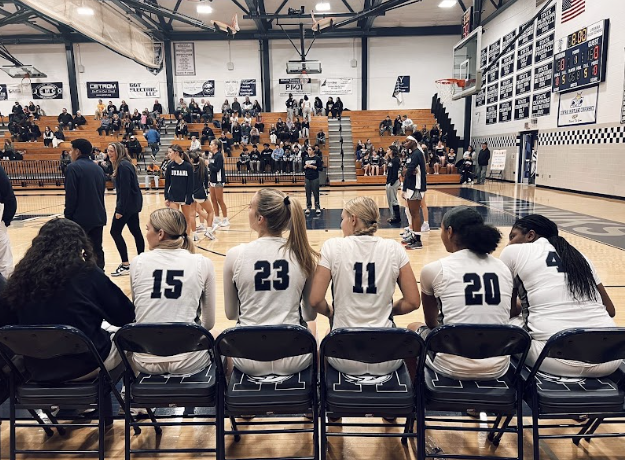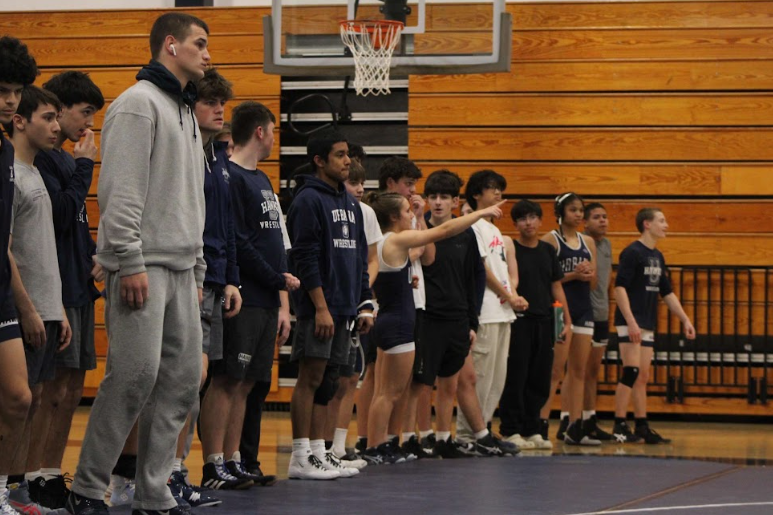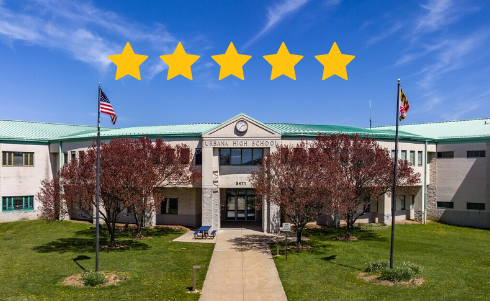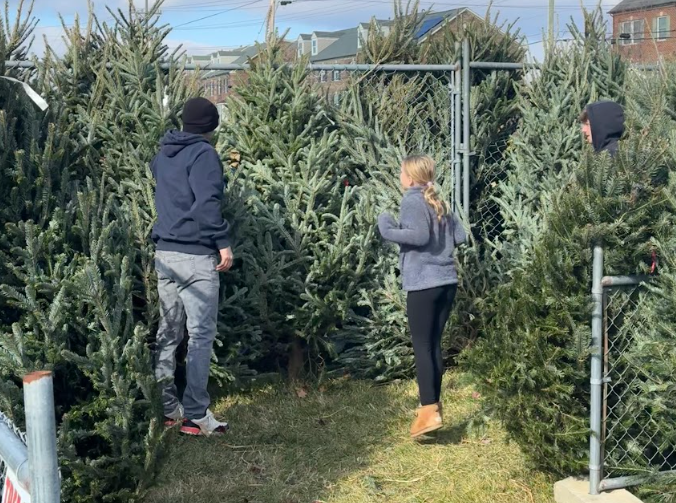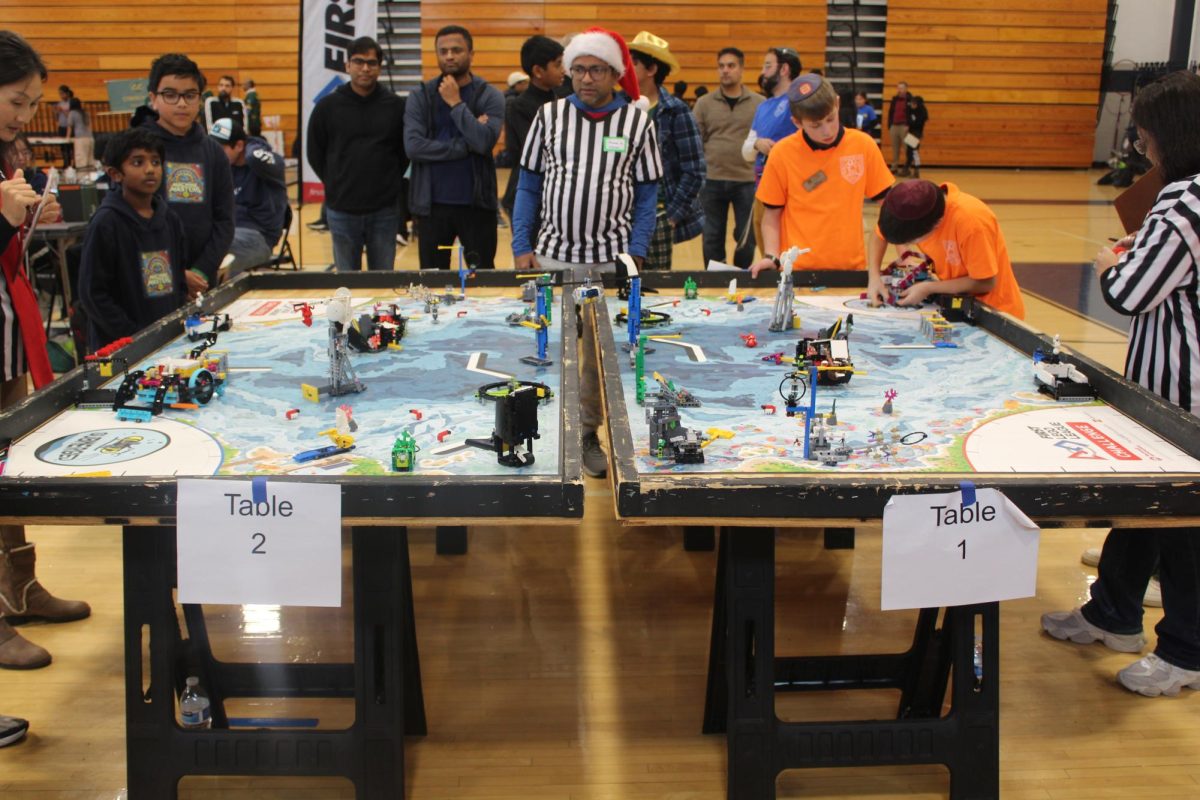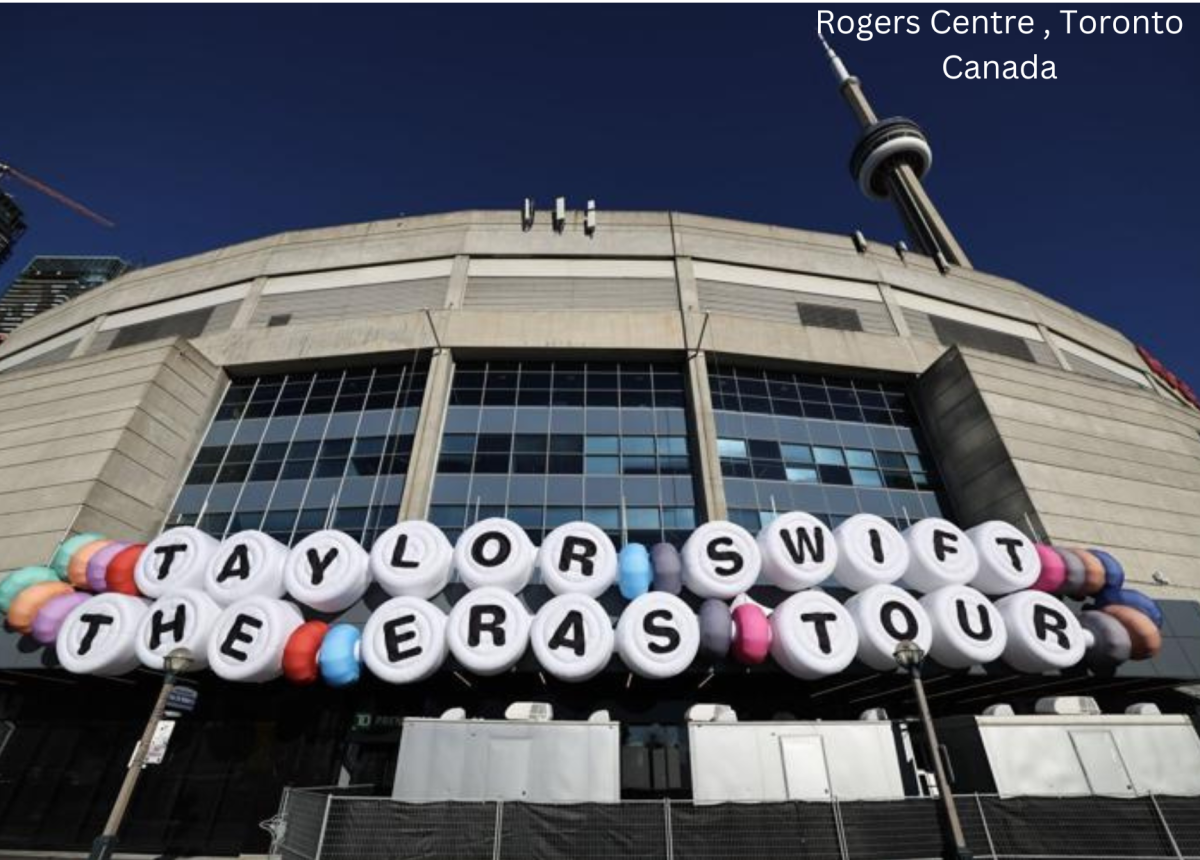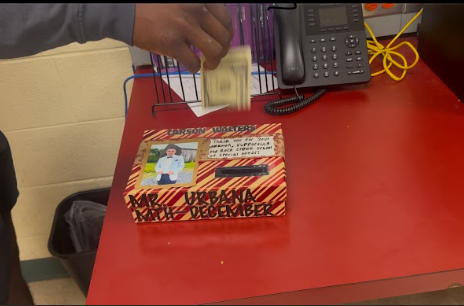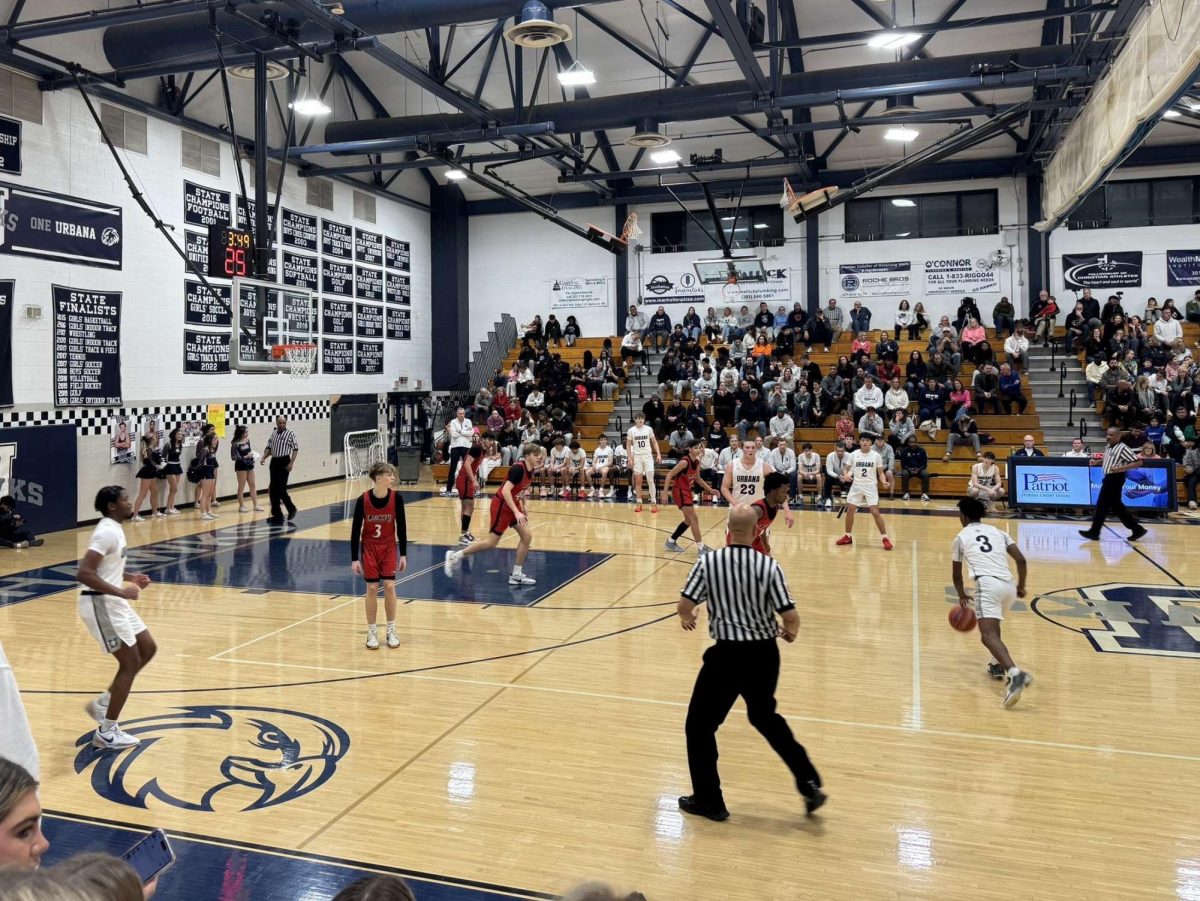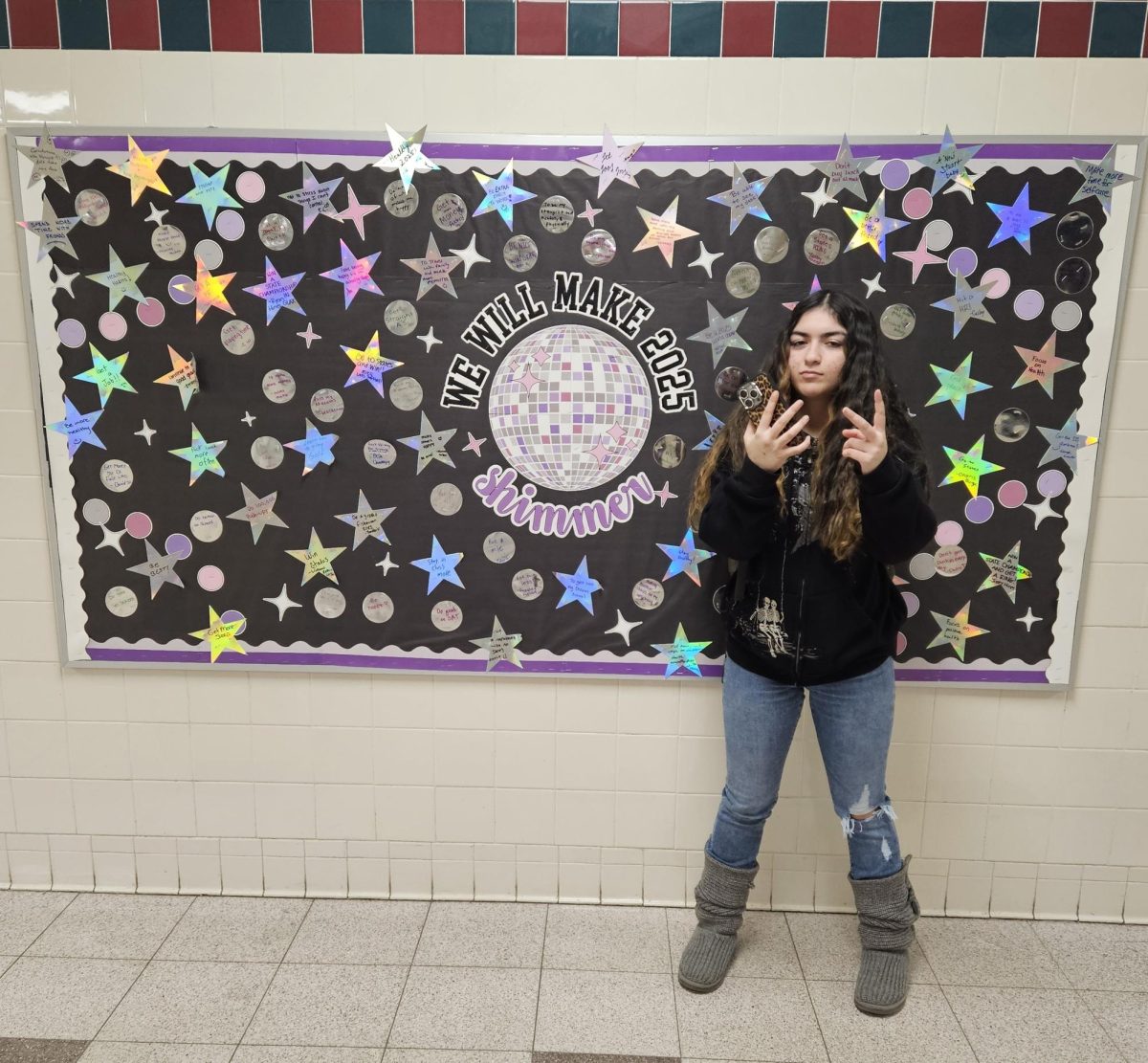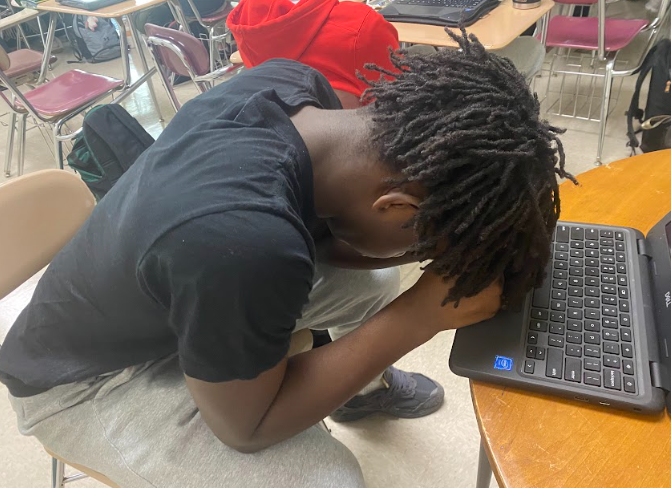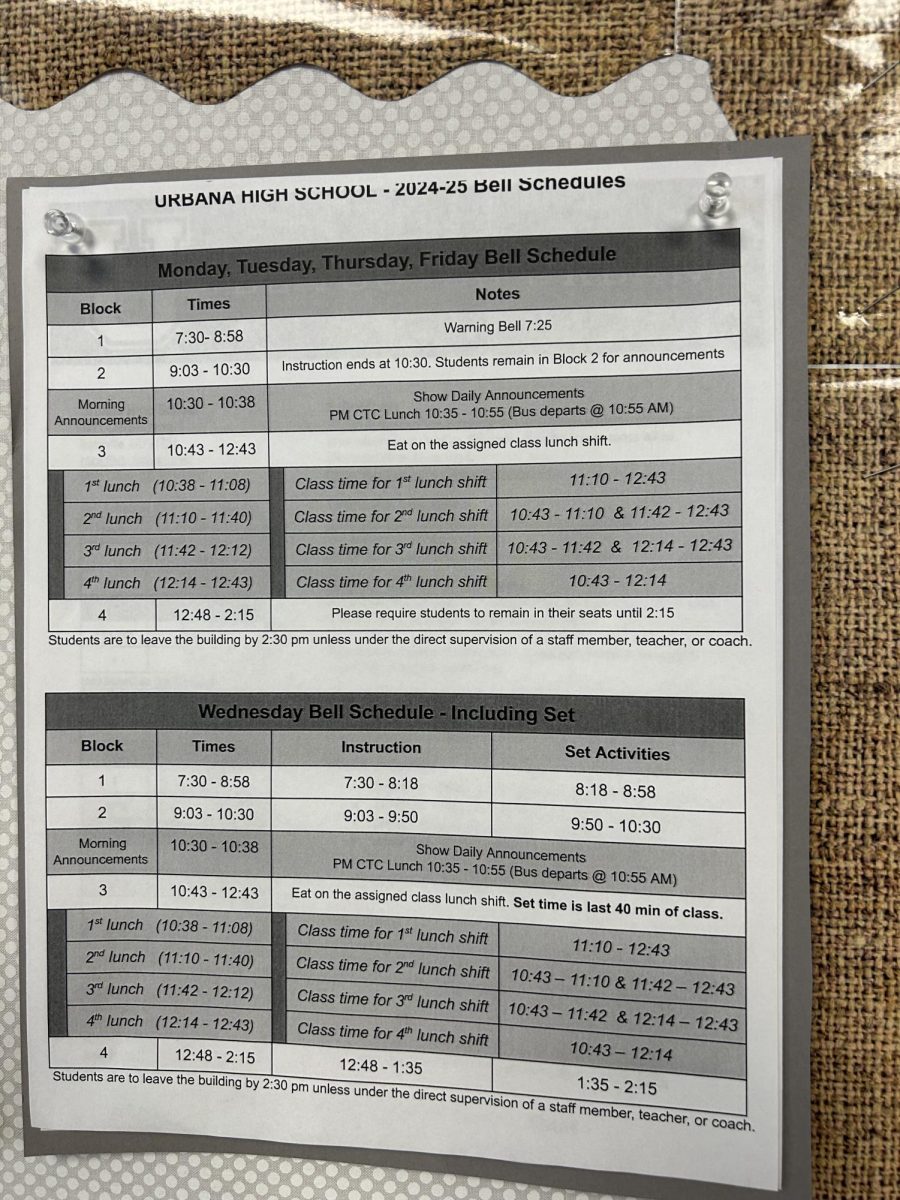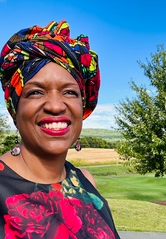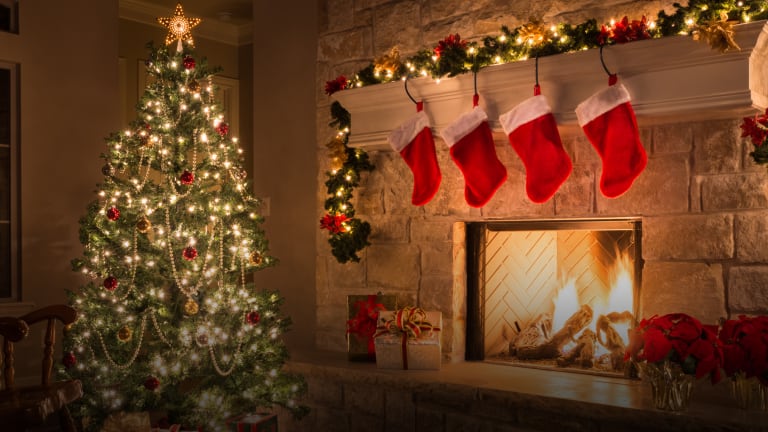The Chronicles of Christmas
December 14, 2020
A Brief Recount of Pagan Holidays
You’re probably thinking right now “Wait, what? What do pagan holidays have anything to do with Christmas?”. Fear not, it’s relevant I promise.
Saturnalia
Before the phrase “white Christmas” was coined, mid-winter holidays were very common in European religions. This was mostly due to the winter solstice, marking the end of the worst of the winter. Rome (where Christmas was first celebrated by the way) had many of these, but arguably the most popular was Saturnalia. Saturnalia honored Saturn, the god of agriculture, and was celebrated by spending a month of partying and feasting. But the most special part of Saturnalia was that it turned the Roman social order completely upside down: slaves would become masters, peasants ruled the city, you get the idea (History.com). It’s truly a wonder how the Roman empire lasted as long as it did. A few other sacred holidays celebrated during the winter months included Juvenalia, a feast in honor of children (we should totally bring this back) and the birthday of Mirth, the god of the unconquerable sun that would bring spring (Fun fact: It was also celebrated on December 25th). Now that you’re up to speed, on with the origins of Christmas!
“Ew no, paganism,” Church Fathers, probably
Despite popular demand, the church strongly opposed a holiday celebrating the birth of Christ at first. They believed celebrating the birthdays of saints or martyrs was a pagan custom, and opted for celebrating the days of their martyrdom instead (Britannica). Hence the title. Another problem with the holiday was that nobody knew exactly when Jesus was born, since it isn’t mentioned in the Bible (although shepherds suggest that it was actually in the spring). Reluctantly, it became an official holiday in the Fourth century, and was originally called the Feast of the Nativity. The name “Christmas” came later and originated from “Christ’s mass”, the description of the holiday (Celebrating Holidays). Personally, I think “Christmas” rolls off the tongue better.
Jesus to the Catholic Church: Well yes, but actually no
Why December 25th you ask? Well, the short answer is: I dunno. Nobody does. There are many theories guessing why Pope Julius I chose this particular date. The most widely accepted one however is that all of the winter solstice festivals during this time would make it easier for Christmas to be popularly embraced (History.com). They particularly wanted Christmas to adopt the same traditions as the Saturnalia festival and the importance of the birth of Mirth (so much for paganism). Their plan worked, and Christmas started being celebrated similarly to Saturnalia. After going to church, there would be a huge carnaval with much drinking and eating. Usually they would name a beggar or a student as the “lord of misrule”, others playing the role of his subjects (can we please bring back this Christmas tradition?). The poor would visit the rich and demand their best food and drink, and if the rich refused the poor were encouraged to pull tricks on them. Christmas was the day for the rich to entertain the poor.
But It’s Not In the Bible!
Christmas may be a popular holiday in the U.S. today, but there was a time when it was discouraged, even against the law, to celebrate it. It all started when the pilgrims (yes, the same ones that started Thanksgiving) came to America from England in 1620. Now, the pilgrims HATED Christmas because they were strict Puritans, and as such they only celebrated holidays mentioned in the Bible (this means that Easter was out of the question too). So, what did they do when they came to America? They outlawed it. Even showing “Christmas spirit” would get you fined. English settlements still celebrated it, but after the American revolution, English customs fell out of favor. It wasn’t until June 26, 1870 when Christmas became a federal holiday again.
The Reinvention of Christmas
After Christmas became popular again in early 19th century America, people started celebrating it the traditional way. But this caused some major problems. There was a lot of class conflict and unemployment during the time, and riots started to break out during carnivals. The upper class was terrified of letting the disgruntled poor into their homes, so they started changing the way Christmas was celebrated. They pushed for a more family-centered holiday, and obviously they succeeded. Because this way of celebrating Christmas was new and unfamiliar, people drew inspiration from other customs. Absorbing customs from recent immigrants and Catholic and Episcopalian churches, Americans built an entirely new Christmas tradition in the next 100 years.
Everyone’s Favorite Stalker
Did you know that St. Nicholas was a Turkish monk born around 280 A.D.? Well, now you do. Being a philanthropist (and a monk), St. Nicholas gave away all his inherited wealth and traveled the countryside helping the poor and sick. He eventually became known as the protector of children and sailors (don’t ask about the sailors part). Americans first heard about him from Dutch immigrants, who honored the anniversary of his death. “Sint Nikolaas”, Dutch for Saint Nicholas, was usually abbreviated to “Sinter Klass”, and that’s where the name “Santa Klaus” came from. People generally knew who he was up to this point, but what really cemented his role in Christmas was Clement Clarke Moore’s poem “An Account of a Visit from St. Nicholas” (AKA “Twas the Night Before Christmas”) in 1822. The poem shows Santa Klaus doing, well, what Santa Klaus does. The iconic red suit and white beard came a bit later, in 1881, when political cartoonist Thomas Neast published this illustration:
Christmas this Year
Obviously, Christmas is going to look a bit different this year. I don’t need to remind you why. But just because things are going to be different, it doesn’t mean things have to be all bad. Even though large family reunions may be unsafe, there are still plenty of other options, virtual and in-person. Here are just a few links to holiday events happening in Urbana throughout December:
From December 1 – 13, 2020: Museums By Candlelight – Virtual Edition
From November 27 – December 15, 2020: Operation Sparkle Scavenger Hunt
From December 2 – December 27, 2020: Holiday Art Competition Exhibit
From November 27 – December 14, 2020: Virtual Holiday Artist’s Market
Religious or not, stay safe and happy holidays!
Works Cited:
“Christmas.” Britannica, www.britannica.com/topic/Christmas.
History.com Editors. “History of Christmas.” History, www.history.com/topics/
christmas/history-of-christmas.
“Holiday Art Competition Exhibit.” Visit Frederick, www.visitfrederick.org/event/
holiday-art-competition-exhibit/14662/.
“Museums By Candlelight.” Visit Frederick, www.visitfrederick.org/events/
annual-events/museums-by-candlelight/.
“The Name ‘Christmas.'” Celebrating Holidays, www.celebratingholidays.com/?page_id=996#:~:text=The%20word%20Christmas%20has%20its,%2C%20meaning%20%E2%80%9CChrist’s%20Mass.%E2%80%9D&text=Though%20the%20word%20Christ%20is,it%20is%20actual
ly%20a%20title.
Neast, Thomas. Merry Old Santa Klaus. Britannica, www.britannica.com/topic/
Santa-Claus. Accessed 29 Nov. 2020.
“Operation Sparkle Scavenger Hunt.” Visit Frederick, www.visitfrederick.org/
event/operation-sparkle-scavenger-hunt/14688/.
25 Christmas Traditions and Their Origins. History, www.history.com/news/
christmas-traditions-history.
“Virtual Holiday Artist’s Market.” Visit Frederick, www.visitfrederick.org/event/
virtual-holiday-artists-market/14707/.


